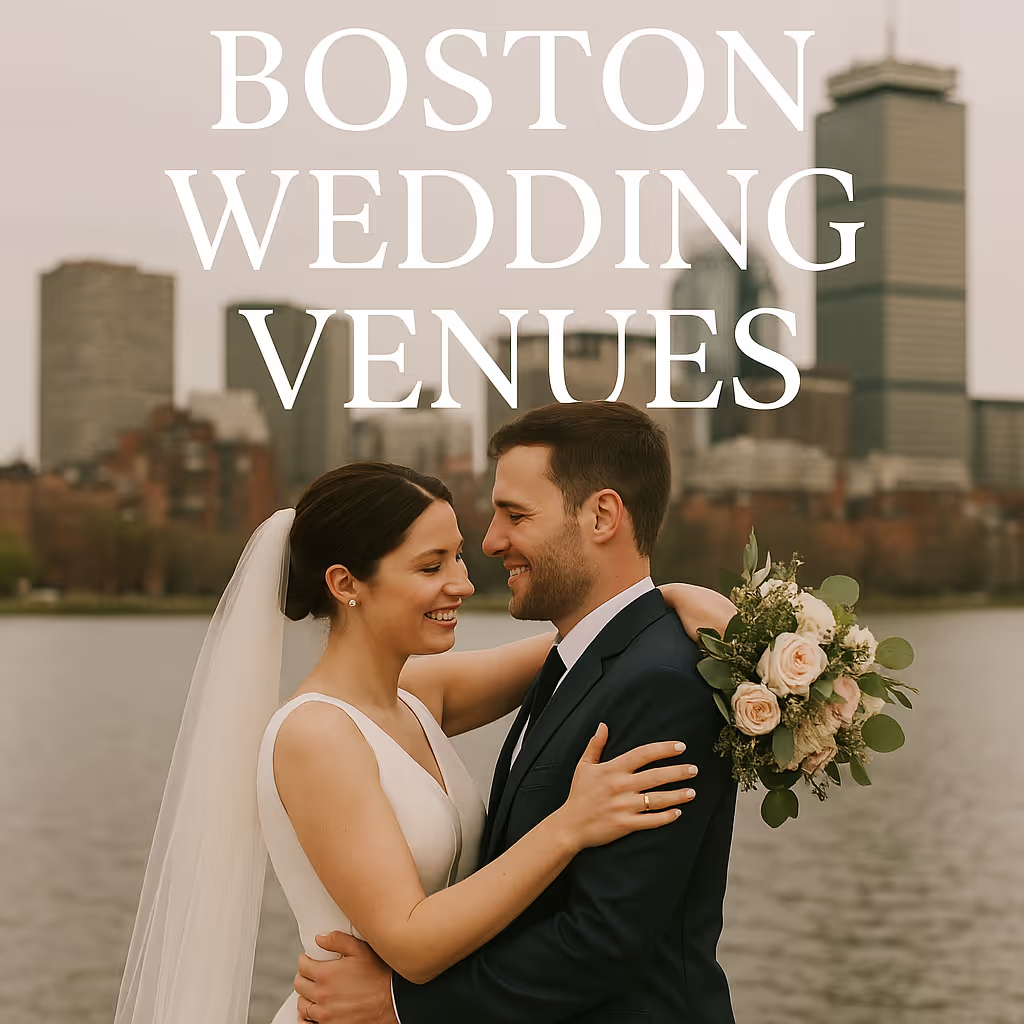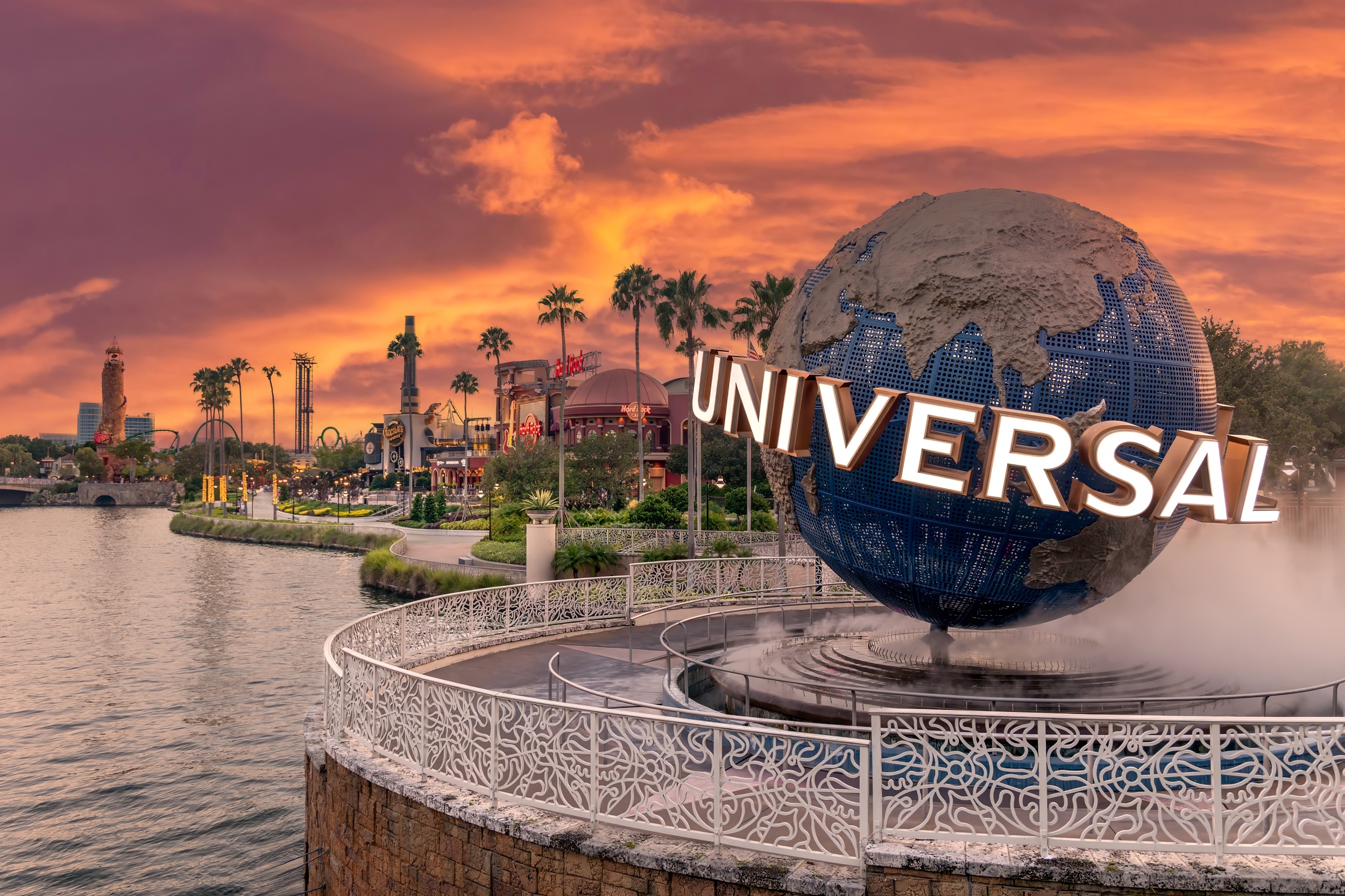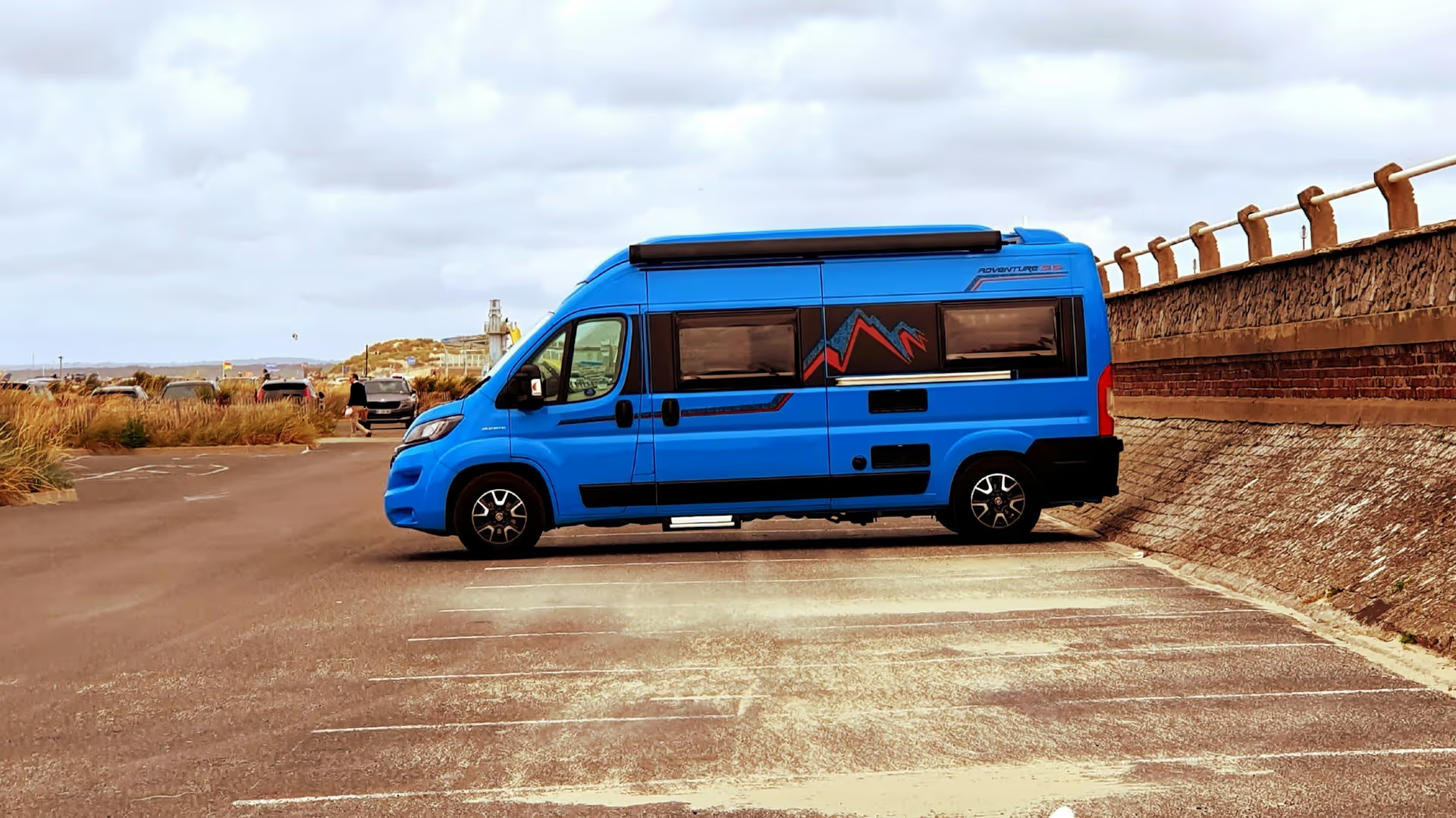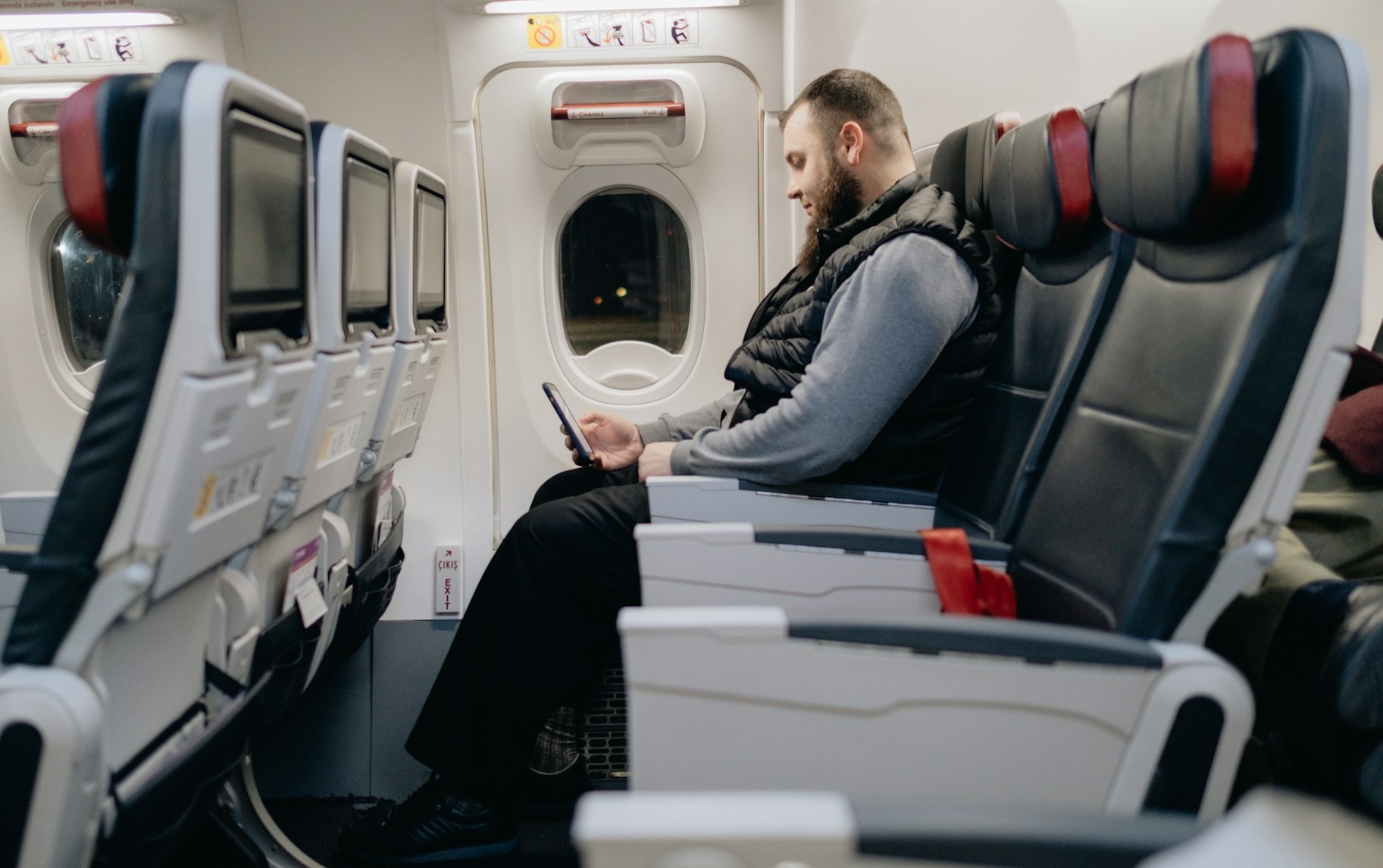What to Look for In Business Meeting Facilities

Whether you’re hosting a company-wide conference, a collaborative session, or a new employee training seminar, an off-site business meeting facility is a great way to stage a “meeting of the minds.”But not all meeting spaces are the same.So how do you book the perfect venue for your upcoming business get-together?And, what features should you consider for a smooth-flowing, impactful event?There are nine things to look for before booking a corporate meeting space.
Table of Contents
1. Compatibility With the Event You’re Hosting
2. A Fast, Uninterrupted Wi-Fi Connection
3. Basic Business Technology
4. Enough Comfortable Seating for All Attendees
5. Cost
6. Available Lodging, Parking, and Catering
7. Ambiance
8. A Convenient Locatione
9. Facility Availability Dates
Compatibility With the Event You’re Hosting
Wait! As easy as it is, don’t impulsively book the first meeting venue that fits your budget and time frame.First, take a moment to envision your ideal corporate event and how you imagine it to go day-by-day, session-by-session, or even hour-by-hour.Are you …
- Planning for team-building or icebreaker “get to know you” activities?
- Anticipating attendees splitting time between social events, the conference itself, and on-site office space?
- Hosting an evening reception, banquet, or award ceremony?
- Scheduling larger board meetings that’ll evolve into separate breakout sessions?
- Expecting an auditorium-style presentation, brainstorming meetings, lectures, or a professional corporate dinner?
- Inviting 10, 50, or even 1,000 attendees?
Do you need auditoriums, banquet halls, meeting rooms, workspaces, classrooms or lecture halls, or a combination of these facilities?Use these details to decide exactly what you’re looking for in an event space.Consider these your non-negotiables when searching for a space.
Not only can booking your business lodgings with Engine save you money, but we offer you comprehensive tools to make managing your stays easy. Learn more at engine.com.
A Fast, Uninterrupted Wi-Fi Connection
A reliable Wi-Fi connection is at the heart of every successful corporate event, from trade shows and conferences to meetings and receptions.(If you don’t believe us, turn off the Wi-Fi at your office for five minutes, and listen for the collective groan and stampede to IT.)Most conference facilities offer complimentary public Wi-Fi to all guests in attendance.However, “free” doesn’t always mean “unlimited.” That’s especially true in a hotel where bandwidth is already tight and hundreds of devices are connected at any given moment.No corporate meeting should overwhelm the router, experience frustratingly long buffering, or suffer dropped video calls with high-powered investors.Ask each venue owner whether there’s dedicated bandwidth for meeting attendees (with a different password than hotel guests).But it’s even better to approach this conversation armed with information.For example:
How Many Devices Do Your Attendees Plan On Bringing?
Statistically speaking, 97% of your attendees will have a smartphone. Many will also bring their laptops and tablets along with them.So if you’re expecting 100 attendees, assume you’ll have 200–300 devices in total.
How Do Attendees Plan To Use the Wi-Fi?
The meeting space’s tech gurus will likely ask you about your internet usage to determine your bandwidth needs.General web surfing requires 2+ Mbps, while video streaming and one-on-one Zoom sessions call for 2–3 times that amount.
How Much Does It Cost?
Wi-Fi should always be free to your event attendees.But suppose you want a reliable, high-speed, dedicated internet connection on the day of your event. In that case, factor Wi-Fi upgrades into your total event budget and cover the cost yourself.Do you manage your company’s travel? Learn how Hotel RFP Tools can streamline your group bookings.
Basic Business Technology
Piggybacking off the Wi-Fi tip from earlier, basic business technology is the backbone of any 21st-century meeting or conference. Where you draw the line between “must-have” and “nice-to-have” depends on your event.Many corporate meeting spaces provide:
- Projectors and screens for screen-sharing and presentations
- Televisions
- Smart whiteboards
- Speakers, microphones, and other audio equipment
- Computer labs with laptops or desktops
- Outlets (wall and desk)
- Printers or fax machines
- IMAG for the visually impaired or large theater presentations
- Wi-Fi signal boosters
- Ethernet hook-ups to hardwire devices to the network
Now, what happens if your perfect venue is missing one or more of these tools?All hail the heroes in your IT or tech department!Find out if they’re willing to loan out laptops, speakers, or ethernet cables for the event.
Enough Comfortable Seating for All Attendees
Now, this one’s a given, but it’s also surprisingly easy to overlook.Instead of asking, “What’s the maximum room capacity?” — as in the maximum occupancy determined by the fire marshal — think about:
The Maximum Number of Attendees In a Room at Once
A week-long conference might attract 500 employees from across the country. But that doesn’t mean you need 7,500 square feet of open space, as recommended for a conference room with seating.Ask yourself how many attendees need to be in one room at any given time.If you’re hosting a lecture series with staggered sessions throughout the day, a spacious boardroom with 50 chairs could do. But if you plan an hour-long plenary session for all attendees, that same venue would feel cramped and might be standing-room-only.The same logic applies to smaller meeting and presentation rooms.There’s no need for a lecture-hall-style conference center with rows of desks for a meeting with a maximum of ten people. Nor should employees be forced to stand around or pull up a folding chair to join.Avoid this problem by capping attendance at each meeting or session and choosing a venue with a slightly higher capacity!
Room to Move Around
Local codes may technically require 15 or so square feet per occupant in the room. But while that works with sit-down events, it’s not exactly compatible with socialization and comfort.Bottom line: an attendee leaving or entering the space should not disrupt the entire gathering.(Imagine the awkward dance required to sneak out of a movie theater to visit the restroom. But this time, it’s during an important sales meeting with the head of a Fortune 500 company.)Attendees should have room to stand up, stretch, and exit or enter without bumping into another person.Meeting planners also need to factor in more space for events requiring small group activities (in the same room), icebreakers, or rest breaks.
Chair Comfort
Comfortable seating is something many of us take for granted until we wind up in a rock-hard, squeaky chair for three hours.Don’t forget to ask the venue’s owner how many chairs are available in each room and what types of seating that is.For longer events, like hours-long, padded chairs or auditorium seats are an obvious choice over folding metal or plastic chairs. The chairs’ movability is essential, too, if you want to rearrange the room’s set-up.Discover: How to Find and Book the Best Executive Rentals
Cost
Price is a main factor when narrowing down your list of prospective event venues. Set a reasonable budget for the entire event, but remember that the cost involves much more than the room rental.You must also foot the bill for:
- Catering and meals
- Extra technical perks
- On-site lodging and valet parking
- Shuttles or cabs
- Train and plane tickets
- Guest or keynote speakers
- Brochures, flyers, and other marketing materials
Decide on a general region for the event or meeting, approximate costs for the above expenditures, and dedicate what’s leftover to rental fees. Make sure to ask about meeting packages to see if you can save some money on bookings.
Available Lodging, Parking, and Catering

This is another one that’s easy to forget in the planning stages yet can cause a world of trouble when you have that “Aha!” moment the day of.
Lodging
A lack of on-site lodging shouldn’t be a deal-breaker for an hour-long meeting at a nearby hotel.But if you’re expecting attendees to fly into an annual event, drive 50+ miles each way, or attend a several-day conference, accommodations are a must.Choose a hotel venue that not only has enough vacancies for all interested employees but is also willing to offer discounted rates on guest rooms. Booking in bulk can save you 15% or more on usual per-night rates.
Parking
On-site parking can become particularly troublesome for hotels in metro areas (where street parking is the norm) or that have booked-out rooms.Start by verifying that the venue has enough parking spaces for anyone planning to attend your event. If parking isn’t available, ask about off-site parking or shuttles to and from the nearest airport or train station.As a last resort for the otherwise “perfect” venue, consider arranging a shuttle, bus, or group rideshare to transport visitors.
Catering
Catering is one of the luxuries of hosting corporate events at hotels and the best way to thank attendees for their time. That’s why many hotels now offer catering options for events that run through breakfast, lunch, or dinner.But what if the meeting venue doesn’t have culinary experts or mixologists to prepare delicious group meals for all your foodies?Easy! As an alternative, book a venue rental within walking distance of plenty of nearby restaurants or with its own fine dining options on the premises.
Ambiance
The venue you choose says a lot about your business, its mission, and the atmosphere you set out to create. Think about the vibe — or ambiance — you’re aiming for with this event.Imagine ambiance as a spectrum with “casual” on one end and “professional” on the other.
Casual
The idea that casual and business don’t mesh couldn’t be further from the truth. Some events — like weekend educational courses or team-building activities — would feel really mismatched in a five-star hotel meeting room.You’ll have a larger (and likely more affordable) selection of venues for casual get-togethers. Middle-of-the-line desks, chairs, decor, and technology are more than enough.
Professional
If you expect attendees to dress to the nines with heels or tuxes, select a convention center with a classier ambiance and state-of-the-art technology.This is especially true for special events, where making a good first impression matters, or a signed contract or deal hinges on the meeting’s outcome.That means high-end leather chairs, marble conference tables, hung artwork, a view of the cityscape, and large 4K projector screens.The best way to judge a space’s ambiance is by taking a physical tour before booking your event.See also: How to Choose Your Travel Rewards Credit Card
A Convenient Location
As they say, “Location, location, location!” But when we’re talking about business meeting facilities, “location” actually means two things:
Distance to Travel
By distance, we really mean “who are you expecting to invite?”For company-wide events, where VIP attendees are flying in, a centralized location improves the odds of high attendance (i.e., don’t choose a venue hours from the nearest airport or in states like Alaska, Wyoming, or Delaware).If it’s a meeting with local vendors, investors, or employees, stay nearby! Why arrange for a venue in New York City when everyone lives in Connecticut?
What’s Nearby?
Those who travel to your event are likely spending days (if not a whole week) in Ohio, Florida, Illinois, or wherever you decide to rent a venue. Make sure they have something exciting to do in their downtime!Book a meeting venue that takes the “corporate” out of corporate events, like:
- Restaurants, food markets, main streets, breweries, wineries, or fine dining
- Outdoor spaces, like beaches, parks, kayak rentals, or hiking trails
- Entertainment (i.e., live music, movie theaters, sip and paint, mini-golf, or bowling)
- Gyms or fitness clubs
- Historical landmark, village, or museum group tours
The longer the event and the more people you expect to attend, the more important this off-site and nearby entertainment becomes.Therefore, the best corporate meeting space location is a downtown area or a tourist destination.Related: Top 10 Meeting Spaces in Austin, TX
Facility Availability Dates

Last but not least is the one thing that your next event depends on: the perfect venue being available on your scheduled date.(Anyone who’s planned a wedding knows how crushing it can be to visit a fairytale venue, only to learn it’s not available on your big day!)There are two ways to guarantee the perfect facility:
Book Early
Some venues are in such high demand that they book out months or even years in advance. Start your hunt for a venue as soon as you get the “all clear” about the event.
Be Flexible
Does the conference need to be during the first week of February? Or could you open the calendar up to all of February? Or even all winter?Being flexible with your event dates can open up more opportunities to book the ideal venue before somebody else nabs it.(Just don’t send out invites or print out flyers until after you book it!)
Conclusion
Now that you know the nine factors to consider when looking for business meeting facilities, you can book your next meeting, conference, or reception.Set your budget, choose tentative dates, consider what’s vital to have the perfect event, and then narrow down the list!Join Engine to save up to 60% off on business lodging. Not only that, but our virtual accounts feature can wrangle all your group bookings in one convenient place, prevent fraud, and more!And if you need help planning accommodations for your group, you can hand it off to the experts on Engine’s project services team for no charge. Learn more here.







.jpg)







.avif)





.avif)



.jpg)

.jpg)













